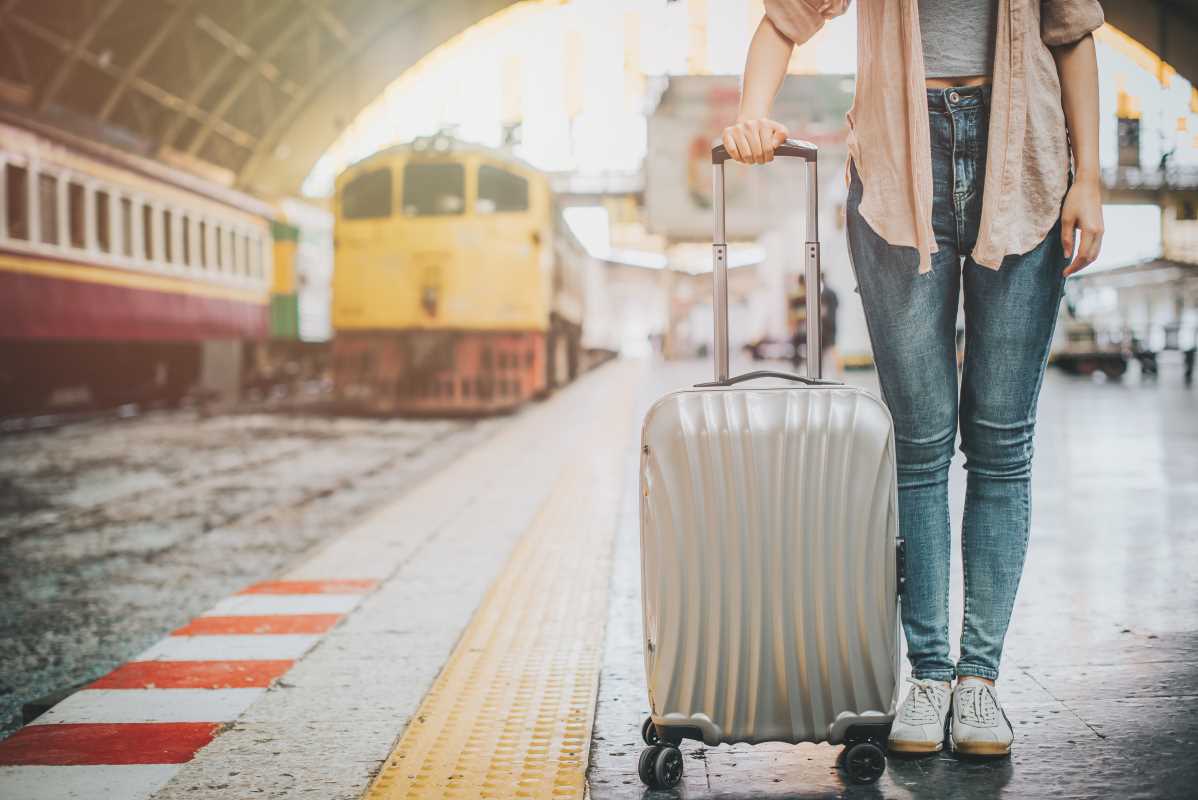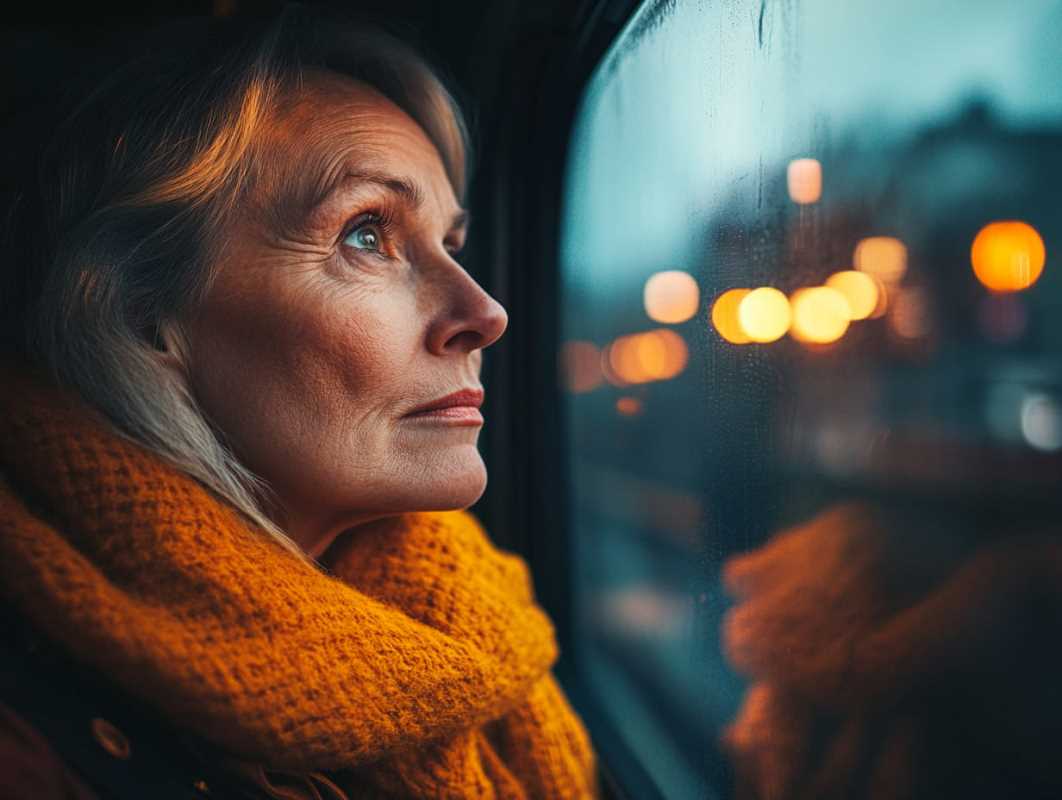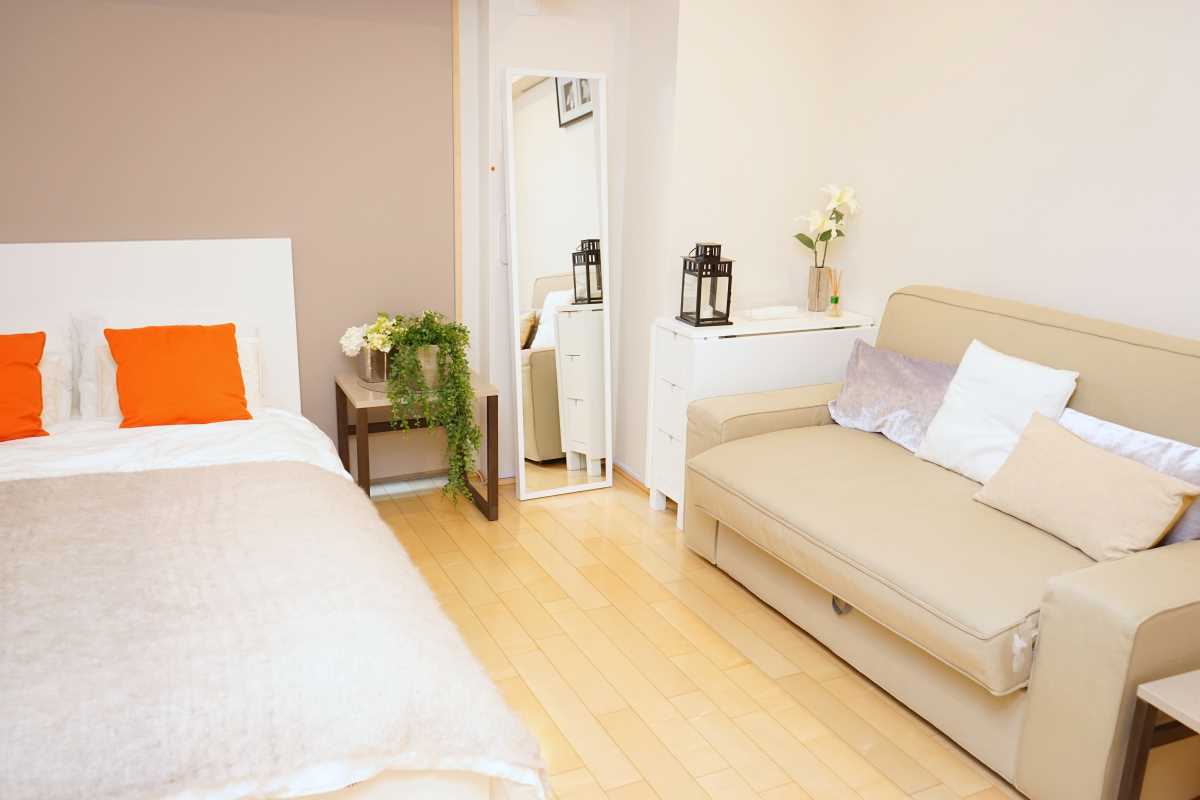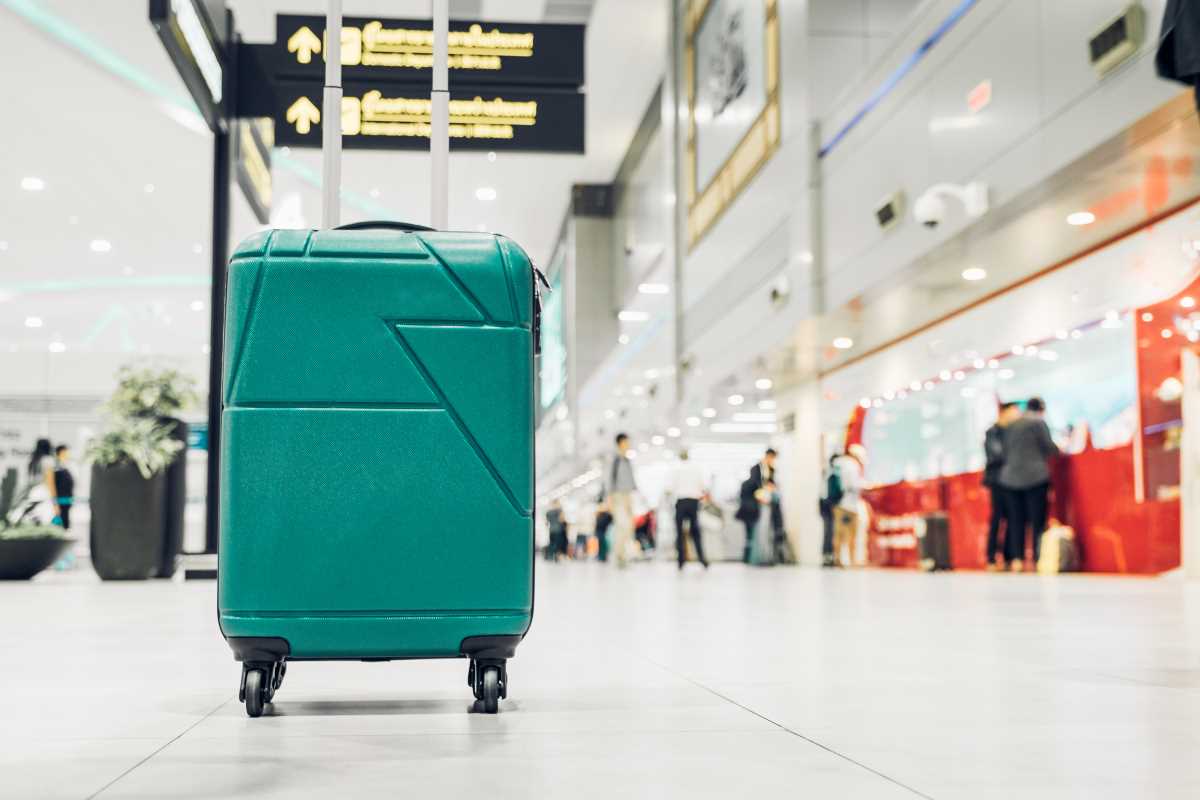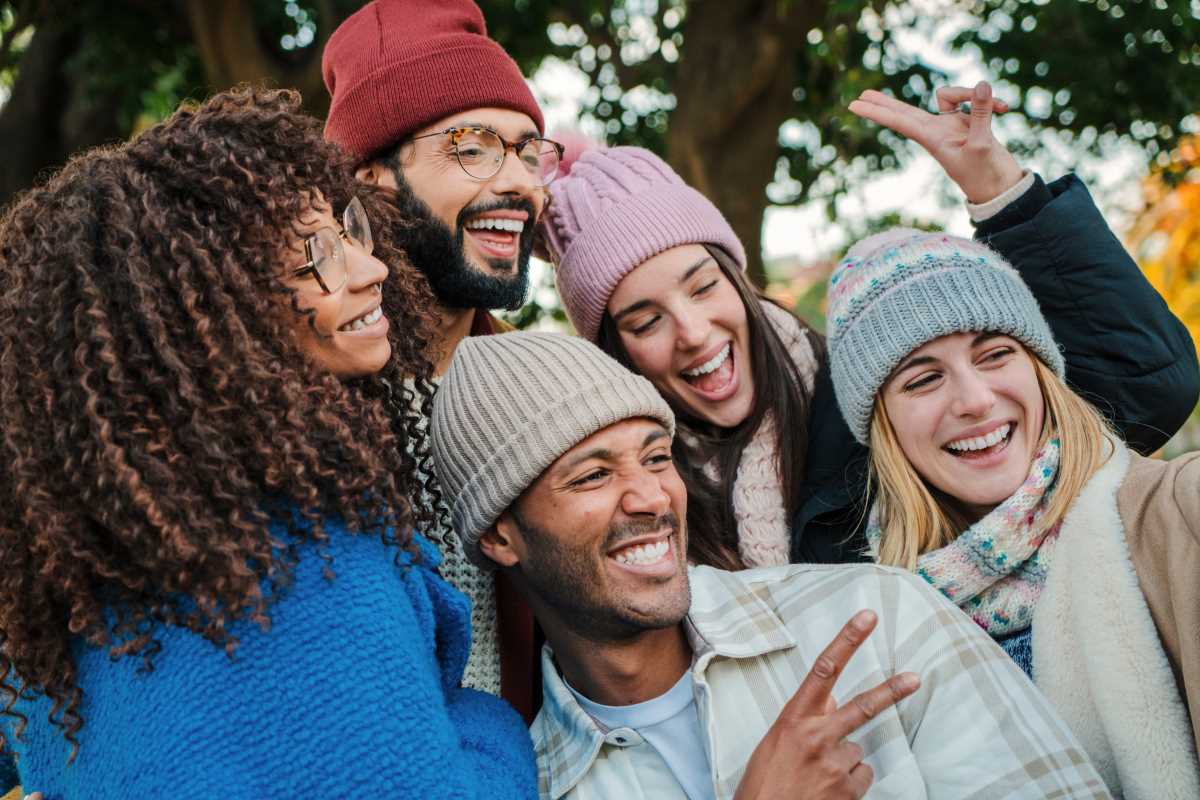Traveling solo is an empowering and liberating experience, but it comes with unique challenges—chief among them is keeping your valuables secure. Without the safety net of a travel companion, solo travelers must take extra precautions to ensure their belongings stay safe throughout their journey. The good news is that with the right planning, tools, and habits, you can enjoy the thrill of solo travel without worrying about theft or loss. This comprehensive guide explores practical ways to protect your valuables while traveling alone.
Choose the Right Travel Gear
Investing in high-quality travel gear designed with security in mind is the first step to protecting your belongings.
- Anti-Theft Backpacks: Opt for backpacks with lockable zippers, hidden compartments, and slash-resistant materials to deter pickpockets.
- Money Belts and Neck Pouches: These wearable storage options keep your cash, cards, and passport close to your body, out of reach from potential thieves.
- RFID-Blocking Wallets: Protect your credit cards and IDs from electronic pickpocketing by using wallets that block RFID signals.
When selecting travel gear, prioritize functionality and comfort without sacrificing security features.
Keep Your Essentials Close
Your most valuable items, such as your passport, credit cards, and phone, should never leave your sight or your person.
- Carry-On Essentials: Always pack your valuables in your carry-on luggage rather than in checked bags, which are more prone to mishandling or theft.
- Daypacks and Sling Bags: Use a small, secure bag to carry your essentials while exploring your destination. Choose one that you can wear in front of your body for added protection.
- Sleeping with Valuables: When staying in shared accommodations like hostels or trains, sleep with your valuables under your pillow or in a money belt.
By keeping your essentials close, you minimize the risk of losing them to opportunistic thieves.
Use Locks and Safes
Physical security measures like locks and safes can be your best friend when protecting your belongings.
- Padlocks: Bring a sturdy combination or key lock to secure your luggage, lockers, or zippers.
- Portable Safes: These lightweight, secure bags can be attached to fixed objects like furniture, keeping your valuables safe when you’re not around.
- Hotel Safes: Many accommodations offer in-room safes. If you use one, set a unique code and double-check that the safe is working correctly.
When in doubt, trust a reliable lock to give you peace of mind.
Stay Organized and Minimize What You Bring
The less you carry, the less you have to worry about losing. Packing light and staying organized can significantly reduce stress during solo travel.
- Pack Only Essentials: Avoid bringing expensive jewelry, unnecessary gadgets, or excessive cash.
- Use Packing Cubes: Keep your belongings neatly organized to make it easier to spot if anything is missing.
- Duplicate Documents: Carry photocopies or digital backups of important documents like your passport and travel insurance in case the originals are lost or stolen.
By being deliberate about what you pack, you make it easier to manage and secure your belongings.
Blend In and Stay Low-Key
Standing out as a tourist can make you a target for theft. Take steps to blend in and avoid drawing attention to yourself or your valuables.
- Dress Modestly: Avoid flashy clothing, expensive accessories, or visibly displaying your valuables.
- Use Discreet Bags: Choose neutral, inconspicuous bags that don’t scream “expensive gear inside.”
- Be Cautious with Electronics: When using cameras, laptops, or phones, do so discreetly, especially in crowded or unfamiliar areas.
The less attention you attract, the safer your belongings will be.
Secure Your Technology
Your smartphone, laptop, or tablet is likely one of your most valuable and essential possessions. Protecting these devices is critical for solo travelers.
- Password Protection: Use strong passwords, facial recognition, or fingerprint locks on all your devices.
- Backup Data: Regularly back up your files to the cloud so you won’t lose important information if your device is stolen.
- Enable Tracking Apps: Install tracking software like Find My iPhone or Google’s Find My Device to locate your gadgets if they’re lost or stolen.
By securing your tech, you protect not only your physical devices but also the sensitive data they contain.
Be Aware of Your Surroundings
Situational awareness is key to staying safe while traveling solo. Knowing what’s happening around you can help you anticipate and avoid potential threats.
- Identify Risky Areas: Research your destination in advance to identify high-risk neighborhoods or areas known for pickpocketing.
- Avoid Crowds: Stay vigilant in crowded spaces like markets, public transport, and tourist attractions, where pickpockets often operate.
- Trust Your Instincts: If a situation feels off, don’t hesitate to leave. Your intuition is a valuable tool for staying safe.
Staying alert helps you spot potential threats before they become problems.
Be Smart About Money
Managing your money wisely is crucial when traveling alone. Losing cash or cards can leave you stranded, so take precautions to safeguard your finances.
- Diversify Storage: Split your money and cards between different locations, such as your wallet, money belt, and bag.
- Use ATMs Wisely: Only withdraw cash from secure, well-lit ATMs located in banks or busy areas.
- Carry Backup Cards: Bring an extra debit or credit card and keep it separate from your main wallet.
Being strategic with your finances ensures you’re prepared for any unforeseen circumstances.
Leverage Travel Insurance
Travel insurance is an invaluable safety net for solo travelers. In addition to covering medical emergencies, many policies include protection for lost or stolen belongings.
- Personal Belongings Coverage: Ensure your policy covers theft or damage to valuables like electronics and luggage.
- Document Claims: If something is stolen, report it to local authorities and keep a copy of the police report for your insurance claim.
- Keep Policy Details Accessible: Store your insurance policy number and contact information digitally and in print.
With travel insurance, you’re financially protected against unexpected losses.
Build Relationships with Locals and Other Travelers
Solo travel doesn’t mean you’re entirely on your own. Building connections with locals and fellow travelers can enhance your safety and enjoyment.
- Ask for Advice: Locals often have valuable insights into safe areas and potential scams.
- Join Groups: Participate in group tours or activities to share experiences and look out for one another.
- Stay in Social Accommodations: Hostels and guesthouses often foster connections with other travelers who can provide support if needed.
Forming relationships adds an extra layer of security and camaraderie to your trip.
